Mr. Luong Minh Thang, 38 years old, from Dong Nai, is currently a senior expert at Google DeepMind, Google's artificial intelligence (AI) research division. In nearly 10 years here, Dr. Thang has participated in building a series of AI chatbots, including Meena - the best-rated chatbot in the world in 2020, which later became Bard and is now Gemini.
Becoming an artificial intelligence scientist was a big turning point for Dr. Thang, because he originally intended to pursue Mathematics.
As a former student specializing in Mathematics at the High School for the Gifted, Ho Chi Minh City National University, Mr. Thang has won many awards at the provincial and national levels. When he participated in the selection round of the International Mathematical Olympiad (IMO), he dreamed of following in the footsteps of teachers Le Ba Khanh Trinh and Tran Nam Dung.
"I didn't pass the selection round, and started to change direction to information technology," he recalled. "I consider this a milestone that changed my life."
In 2006, Thang became a student at the National University of Singapore (NUS). The 19-year-old found AI interesting because it could translate a text into multiple languages. Entering the NUS special program in his second year, he studied machine learning and natural language and has been involved with AI ever since.
After graduating in 2010, Mr. Thang stayed in Singapore to do research with a professor. In just one year, he published 4 scientific papers, which was the highlight that helped him get into the Computer Science major at Stanford - one of the top 4 best universities in the US.
From here, he became one of the pioneering researchers in the field of deep learning, applying machine learning methods based on artificial neural networks, thereby developing software capable of self-training in machine translation.
Mr. Thang "fell in love" with Google in 2014, as a research intern at Google Brain (the predecessor of Google DeepMind). He participated in a project to improve translation quality, researching the application of artificial neural networks to translate complex sentences, instead of just translating single phrases as before. The results were applied to Google Translate - a translation tool with more than 500 million users every day.
Two years later, he officially joined Google, co-founding the Meena project in 2018. Meena is an AI chatbot that can chat with users about all fields. Mr. Thang and his colleagues "built" Meena from scratch, from a rough plan with the desire to convince Google's leaders, to a chatbot with 2.6 billion parameters and trained on 340 GB of text.
At the time of its announcement in 2020, Meena was the best chatbot in the world. However, Mr. Thang said Google did not release Meena because it was afraid of risks, after another company's chatbot encountered some problems such as responding to incorrect information, racism, arguing with users... This is part of the reason why the company faced a "Code Red" (red alert) at the end of 2022, when ChatGPT was launched.
"The public's interest in ChatGPT and what this chatbot can do is a shock to Google," said Dr. Thang. "All employees and I are entering 100 days of the AI race."
Thang is part of a group of 50 people who are directly researching Bard - a chatbot developed from the Meena platform. Bard can answer questions and provide useful information to users, based on the transformer architecture (a deep learning model of natural language processing). Thang's task is to ensure their accuracy.
"This part was almost completely rebuilt compared to when I was Meena. Meena's answers were humorous, while Bard gave accurate, useful information to users," he explained.
In addition to the core research team, all employees also spend time “talking” to Bard, adding data to the chatbot. This makes him feel that despite the pressure, the employees in the company are more united.
"These were memorable times, when the amount of work completed in 100 days was equivalent to a year," said Mr. Thang.
In early February 2023, Bard was launched. The whole company held a celebration party with all the senior leaders. Thang felt relieved, but also understood that this was just the beginning of the journey to perfect this chatbot.
In addition to his work at Google, Thang maintains independent research. In 2022, he was introduced to AlphaGeometry - an AI that solves geometry - by Trinh Hoang Trieu, a PhD student at New York University.
"I asked Trieu if AlphaGeometry had solved the geometry problem in the 1979 IMO that Mr. Le Ba Khanh Trinh won the special prize for, Trieu said no. I said I would develop it," said Mr. Thang.
Early last year, AlphaGeometry solved 25 out of 30 geometry problems at the IMO, equal to the achievement of a gold medalist.
However, it still could not solve the geometry problem in IMO 1979. The team continued to research AlphaGeometry 2, released in early February with many improvements, both in language, data, and algorithms. In particular, it integrated the modern language model of Gemini (developed from Bard), combined with logical thinking to produce faster, more creative solutions and express more content.
This time, the tricky geometry problem was solved. In addition, the team also built AlphaProof that can solve both algebra and geometry. In the 2024 IMO exam, AlphaProof achieved perfect scores in 4 problems. Of which, geometry problem number 4 was solved in 19 seconds.
"I hope that in 2026, there will be an AI that wins the Fields Mathematics Prize like Professor Ngo Bao Chau," said Mr. Thang. "Furthermore, if AI can solve the millennium problems, that would be wonderful."
Currently, Dr. Thang is leading a project on super intelligence at Google, how to make AI think tightly and connectedly like humans. For him, AI develops exponentially, so researchers always have to find ways to "take shortcuts".
Mr. Thang believes that AI will be smarter than humans sooner or later, but there is no need to worry. It will be like a new computer, making life better.
"AI is a source of energy, a new tool that helps us explore science and the universe faster," he said. "If you want to pursue AI, you need to have a certain curiosity, and not be afraid."
Source: http://baovinhphuc.com.vn/Multimedia/Images/Id/128120/Tien-si-nguoi-Viet-trong-cuoc-dua-AI-cua-Google


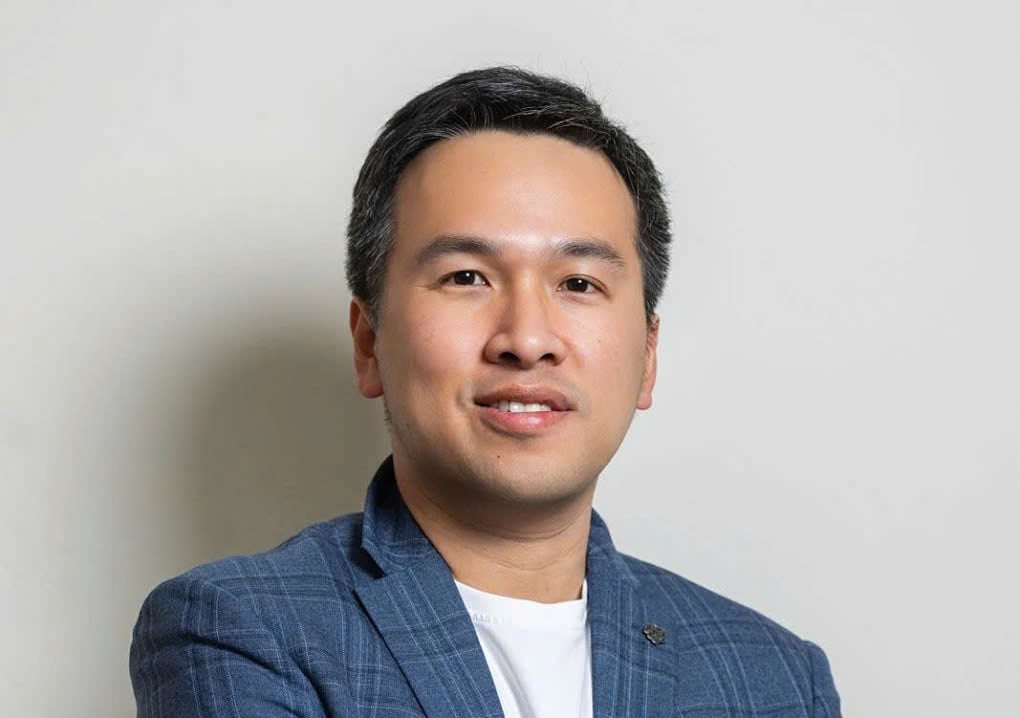



![[Photo] 60th Anniversary of the Founding of the Vietnam Association of Photographic Artists](/_next/image?url=https%3A%2F%2Fvphoto.vietnam.vn%2Fthumb%2F1200x675%2Fvietnam%2Fresource%2FIMAGE%2F2025%2F12%2F05%2F1764935864512_a1-bnd-0841-9740-jpg.webp&w=3840&q=75)
![[Photo] National Assembly Chairman Tran Thanh Man attends the VinFuture 2025 Award Ceremony](/_next/image?url=https%3A%2F%2Fvphoto.vietnam.vn%2Fthumb%2F1200x675%2Fvietnam%2Fresource%2FIMAGE%2F2025%2F12%2F05%2F1764951162416_2628509768338816493-6995-jpg.webp&w=3840&q=75)

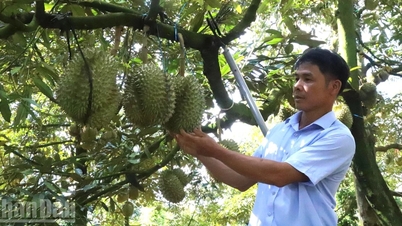

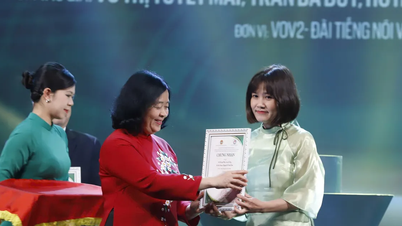

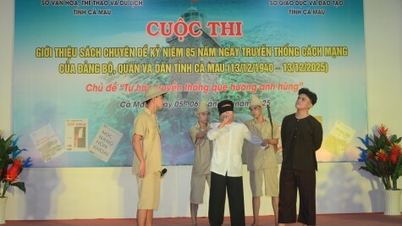

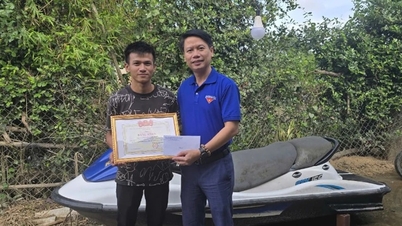








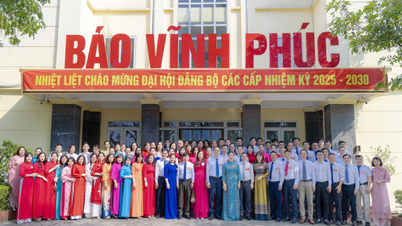













































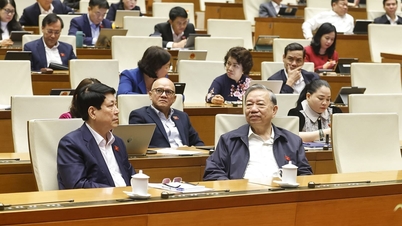








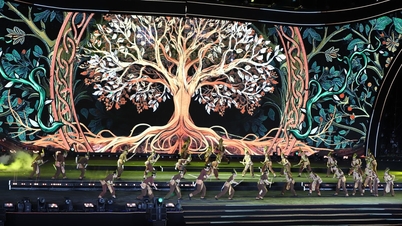


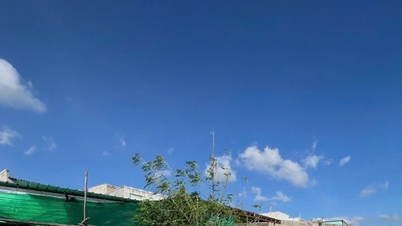
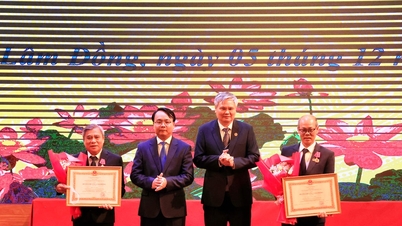
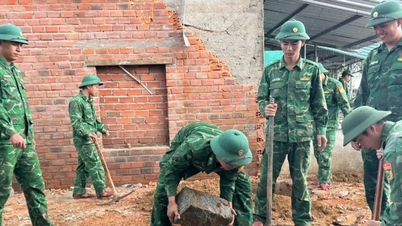

















Comment (0)